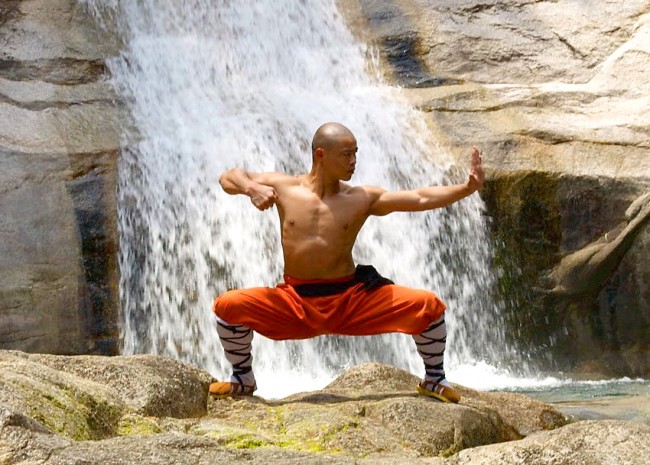
Hypertension can be treated with an ancient Chinese meditative exercise called qigong (pronounced “chi-gong” without the lips puckered up in “chi), which involves a series of slow and repetitive movements and breathing awareness. This bodes good news for those who cannot physically withstand regular exercise, such as walking or running, because of joint, muscle, or neural problems. According to the National Qigong Association in St. Paul, Minnesota, qigong — meaning “breath work” literally — involves specific breathing techniques, mental focus, and moving or stationary posture. It is an umbrella term for other styles of Chinese martial arts, such as tai chi and vigorous styles of kung fu. Thus, anyone practicing these subcategories of martial arts can be considered as qigong practitioners. Although it is not a cure-all for diseases and disorders, qigong complements existing Western and Chinese medicine practices to improve cardiovascular, respiratory, and mental functions and to reduce hypertension-related symptoms, such as anxiety and stress.
A recent Chinese study showed the benefits of tai chi in reducing anxiety that can raise blood pressure was published in the March 2014 issue of International Journal of Physiology, Pathophysiology, and Pharmacology. Thirty-two elderly patients who were suffering from anxiety disorder were randomly placed into an experimental group that received tai chi exercise with drug therapy and a control group that only had drug therapy. After 45 days of treatment, the cured patients stopped the drug therapy yet those who were in the experimental group continued to do tai chi. Two months later, researchers evaluated both groups to determine if the disease came back. What they discovered was somewhat surprising.
The control group had a near-43 percent recurrence rate while the experimental group had a recurrence rate of slightly over nine percent. Although a larger sample population may be needed to confirm this finding, tai chi — and maybe — classical qigong could treat anxiety and decrease hypertension levels with some drug therapy. However, the study did not measure blood pressure. Had it done so, the data could be compared with other past studies that used blood pressure readings to make better conclusions about the effects of qigong exercises and hypertension.
On a larger scale, however, the results may be a little different from the Chinese study. A meta-analysis of nine studies of qigong and hypertension from Guangzhou University of Traditional Chinese Medicine in China showed that the average decrease in systolic blood pressure in those who practiced qigong was 17.03 millimeters of mercury (mm Hg) lower than the control group that did not receive any hypertensive interventions. However, the reduction rate wasn’t better than those in drug controls or conventional exercise controls. Likewise, the average diastolic blood pressure decrease was almost 10 mm Hg, which was better than the control group but not so much compared to the drug and conventional exercise groups. Overall, the researchers concluded that practicing qigong for less than one year is better in decreasing blood pressure than with no practice at all.
Physicians and other Western medical professionals may eventually be more likely to recommend their patients to practice qigong to treat hypertension and related illnesses. Given the rising popularity and awareness of its benefits, qigong may be more prevalent in mainstream health care systems across the United States. Qigong requires just the body and no equipment, and it can be done anywhere in a group setting or privately at home. Those who have been practicing qigong for a year or more may say to themselves, “I know kung fu.”
By Nick Ng
Sources:
CDC
National Qigong Association
Journal of Alternative and Complimentary Medicine
Journal of Hypertension




2 thoughts on “Hypertension Treated With Qigong”
This is really interesting, You’re a very skilled blogger. I’ve joined your feed and look forward to seeking more of your excellent post. Also, I’ve shared your web site in my social networks!
I’d forever want to be update on new articles on this web site, bookmarked! .
Comments are closed.